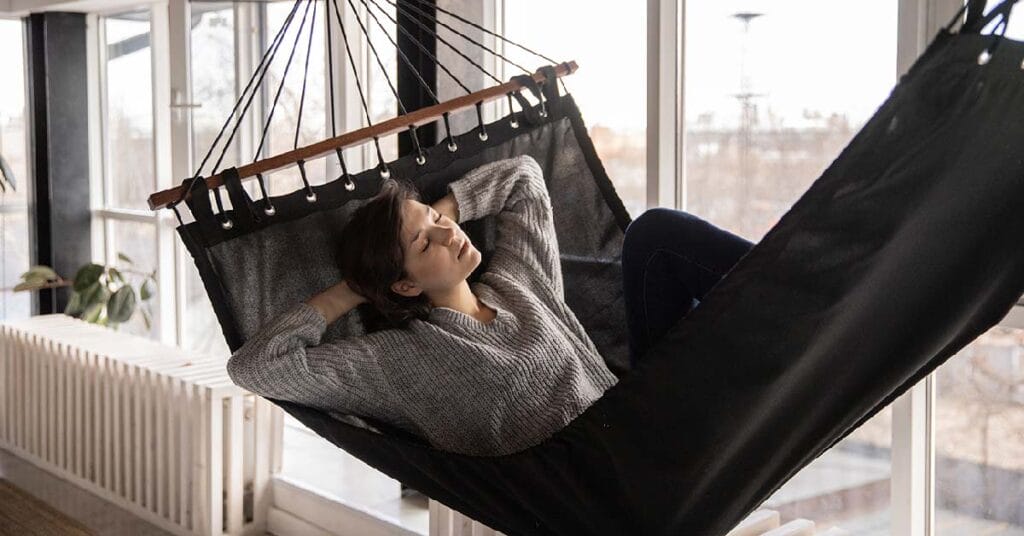Improve your child’s sleep habits so you both can get the rest you need…
Bedtime can quickly turn your home into a battleground. Whether you spend hours trying to get your child to sleep or he wakes frequently during the night, neither of you can afford to lose precious sleep. The effects can reach beyond bedtime into your work and personal life. With consistency and effort, you can help your child get the rest he needs while improving your own sleep habits, too.

Sleep Deprivation Takes Its Toll
Parents expect to lose a certain amount of sleep to their children. However, over time, the effects can build and leave you falling behind emotionally, mentally, and physically.
Without sleep, the brain’s emotional center becomes overstimulated by negative thoughts, feelings, and/or events. Simultaneously, the logic and reasoning center of the brain slows down and reduces its influence over emotions. These emotional changes can’t help but affect both your professional and personal relationships.
Sleep deprivation further hurts your work performance by slowing your brain down. While you sleep, brain cells shrink slightly so that spinal fluid can flush through them, removing toxins that build up throughout the day. If these toxins aren’t fully removed, your capacity to think critically, make decisions, and build creative solutions are impaired.

Physically, chronic lack of sleep contributes to weight gain as well as the development of conditions and illnesses like diabetes, high blood pressure, and stroke. Then, of course, you’ve got the immediate effects of fatigue, poor concentration, and focus.
You probably expected sleep problems to slowly taper off once you’re out of the baby phase. But, if they’re ongoing for months or years, you might need to make some changes to save your sanity and business. Our parent’s guide to a child’s sleep can help you and your children achieve the rest you deserve. We go over some of the problems parents are facing and some common and highly researched solutions.
How to Help Your Kids Sleep Better (and Fall Asleep Faster)
Sleep is highly responsive to habits and behaviors, which means you have more control than you think. All of our suggestions can work for you as well as your child as long as you alter them to fit an adult’s schedule.
Consistent Bedtime
The human body thrives off of predictability, especially that of a child. Set a bedtime that’s appropriate for your child’s age and then stick to it religiously. Consistency is where many parents struggle, but once a pattern is established, the brain anticipates bedtime and releases sleep hormones accordingly. As your child consistently responds to those hormones, it further strengthens and solidifies the sleep cycle.
Predictable Bedtime Routine
For years, bedtime routines have been used to help children fall asleep. Each activity in the routine signals the brain to start the release of sleep hormones. The routine doesn’t need to be long but should include activities that bring your child’s activity level and heart rate down.

You could start by picking up toys then having your child change into pajamas and brush his teeth before you read a book or sing quiet songs together. You can include anything in the routine that calms and soothes your child. Be sure that the routine is started around the same time (so you’re putting your child to bed at the same time each night) and perform the activities in the same order so the brain can learn to predict the next step, which is sleep.
Turn Off Electronics and Keep It Dark
Other than a baby monitor, try to avoid any electronics in your child’s bedroom. Televisions, smartphones, and iPads can all emit a blue light that suppresses sleep hormones. Children’s eyes absorb more light than adults, magnifying the impact of these devices. Turn off the electronics two to three hours before bed to help your child fall asleep faster.
Conclusion
When you improve your child’s sleep habits, you make strides to help your own. They can, at the very least, help you get better sleep by removing bedtime battles from your nightly routine. Keep in mind that it might take effort and time for your child to respond to new rules or a routine, but with consistency, you’ll start to see a difference. As everyone in your household gets better sleep, you’ll have the clear mind and physical health to reach your professional and personal goals.
